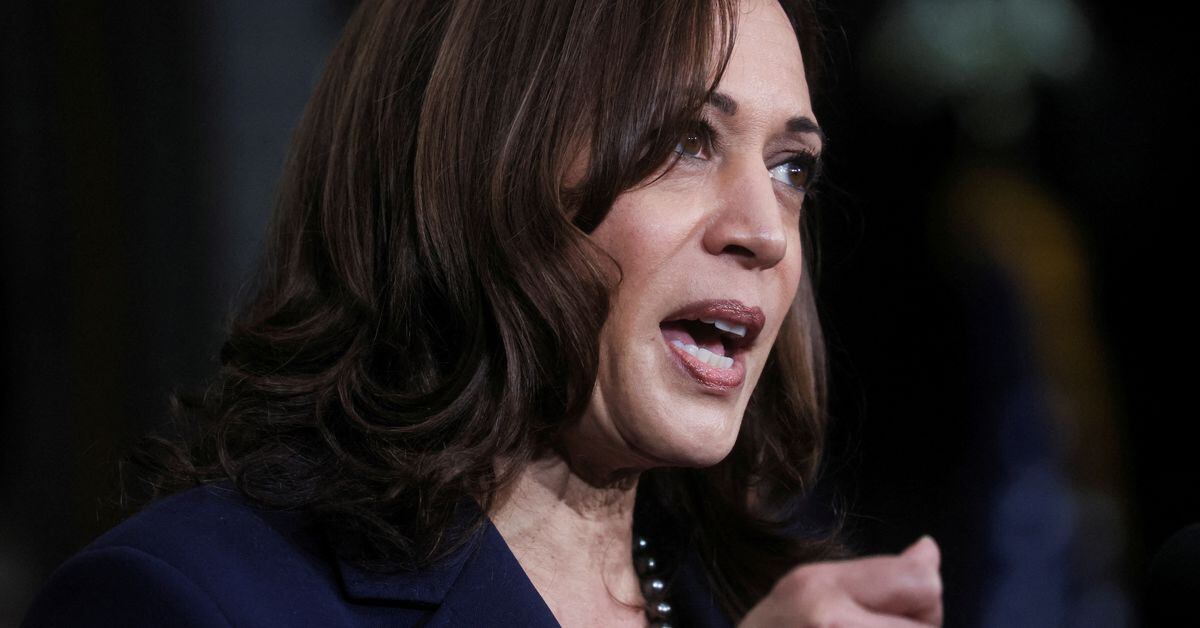Die hohen Energiepreise und die angestrebte Klimaneutralität der Bundesregierung samt Umbau der deutschen Wirtschaft kommen der deutschen Industrie teuer zu stehen. Etwa ein Viertel aller Industrieunternehmen stehe demnach vor existenzbedrohenden Problemen – einige Unternehmen wollen ihren...

de.rt.com
Every fourth German industrial company classifies high energy prices as a threat to its existence
The high energy prices and the climate neutrality the federal government is striving for, including the restructuring of the German economy, are costing German industry dearly. Around a quarter of all industrial companies are facing problems that threaten their existence - some companies want to relocate abroad.
88 percent of German industrial companies see the massive increase in energy prices as a serious or even existence-threatening challenge for their future, as
reported by Die Zeit. This is the result of a survey by the Federation of German Industries (BDI) commissioned by the
Rheinische Post. More than 400 BDI member companies were surveyed in this in the first half of February.
This resulted in questionable information: 23 percent of the companies see the increase in energy costs as a threat to their existence. Two-thirds (65 percent) classify the situation as a "strong challenge". Most of the costs cannot be passed on to the end customer, but are borne by the companies, which, however, already have to tie up large investments for the conversion to a "climate-neutral" economy.
A good
one in five companies is even considering outsourcing company shares or parts of production and jobs to more industry-friendly countries in the near future - 13 percent have already done so. Even six percent no longer rule out a complete move of the company abroad.
According to the BDI survey,
every fifth company is considering outsourcing parts of production abroad.
According to the survey,
87 percent of the companies are demanding rapid state aid. The tax burden on the electricity price must be reduced quickly. 84 percent of companies state that the federal government should change the regulations for increasing national CO₂ pricing and add options to relieve companies.
BDI President Siegfried Russwurm even warned of a situation like in the 1970s, when several oil price shocks drove the German economy into recession. He
told the
Rheinische Post :
"The increase in energy costs is higher than it has been since the oil crisis of the 1970s. [...] Rising electricity and gas prices are threatening to crush the economy. [...] The end of the road has not yet been reached."
His association fears "that the rapid increase in prices will increasingly affect production in Germany".
The federal government must therefore quickly relieve industry "to prevent an exodus of production and jobs to cheaper countries abroad". Russwurm strongly emphasized the tense situation:
"The situation is so serious that even medium-sized companies from various sectors that are loyal to the location have to think about relocating abroad."
(Translated with Google)
*****
And then this!!!!!!!!!!!!!!!
For comparison: The German budget in 2019 was 356,5 billion euros and the total gross domestic product of the Czech Republic was around 220 billion euros at the time. "Without the crisis, the German economy would

freewestmedia.com
...
But
anyone who dares to speak out about the monumental bill, is smeared as a “right-wing” agitator and Interior Minister Nancy Faeser (SPD) has announced an action plan against “right-wing extremism”.
The plan will be implemented by Easter, Faeser said on Wednesday in the Bundestag. “Right-wing extremism is the worst threat to our free and democratic basic order,” warned the Interior Minister.
“And that’s why fighting right-wing extremism is our top priority. We will do everything we can to better protect the people who are threatened and attacked in our country. We are a resilient democracy. We fight the enemies of the open society.”
She complained about “mental ammunition” prepared for extremist perpetrators. “These hustlers know what they are doing. They have supporters who spread misanthropy and racism from within our parliaments.”
...
Faeser’s plan is similar to that of Justin Trudeau’s in Canada: in order to “stop radicalization and smash right-wing extremist networks”, the German government will go after the money of their critics. “We will trace the extremists’ financial flows and take away their sources of income, and we will very consistently disarm them.”
..
The Democracy Promotion Act which is being prepared in Germany, will also consistently combat adversaries of the leftists by deploying the police and security authorities, while increasing the already overwhelming flow of leftist propaganda. “It is also the responsibility of all of us as a society. That is why we will strengthen social commitment, political education and the prevention of extremism.”
Unsurprisingly, Faeser plans to launch the renewed attack from the Family Ministry: “That’s why Family Minister Anne Spiegel and I will quickly get the Democracy Promotion Act off the ground.”
Left-wing extremism, on the other hand, has been dismissed as an “overblown” problem.
...The media, parties and associations in Germany work systematically to blend the differences between conservatives and the extreme right, so that any criticism becomes synonymous with “extreme right” and vice versa as is happening in Canada.
...The German Ministry of Finance has meanwhile refused to list the contacts of former finance minister and current Chancellor Olaf Scholz (SPD) with lobbyists in the financial sector.
The authority has rejected a request for freedom of information by a subsidiary of the citizens’ movement Finanzwende, reported German magazine Spiegel. This is justified by claiming that it allegedly took great effort to put together the lobby appointments.
The Berlin Administrative Court also followed the arguments of the Ministry of Finance’s lawyers to keep the appointments secret.
The activists, on the other hand, demand that the ministry create transparency about Scholz’s lobbying appointments. “Instead, one flimsy justification for rejection after the other is presented,”
Finanzwende campaigner Lena Blanken told the
Epoch Times.

 tass.com
4 FEB, 2022
tass.com
4 FEB, 2022
















